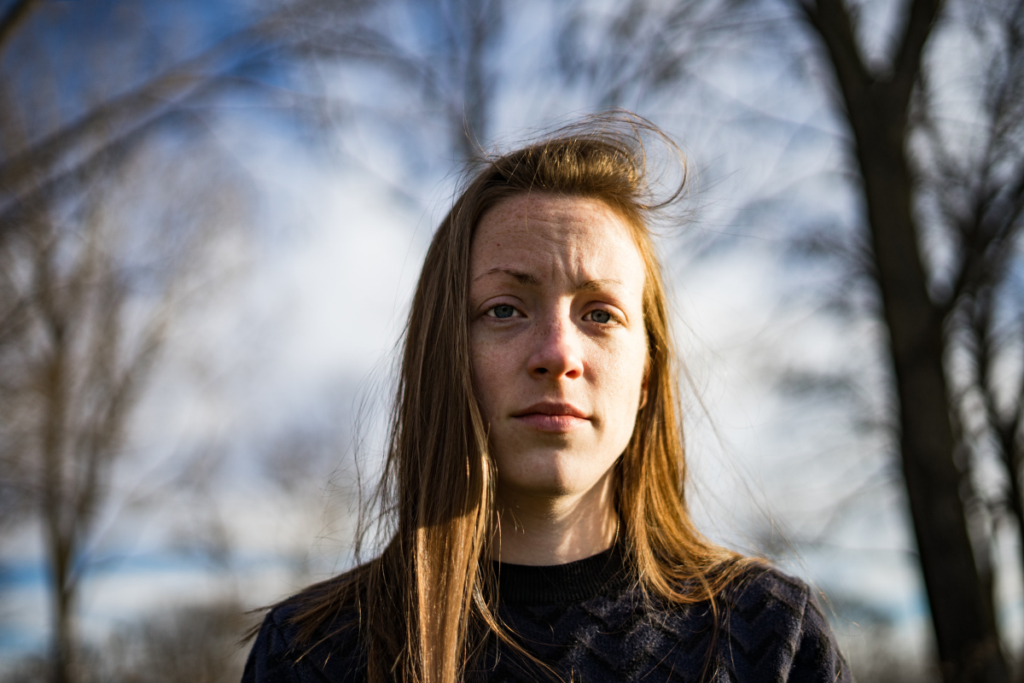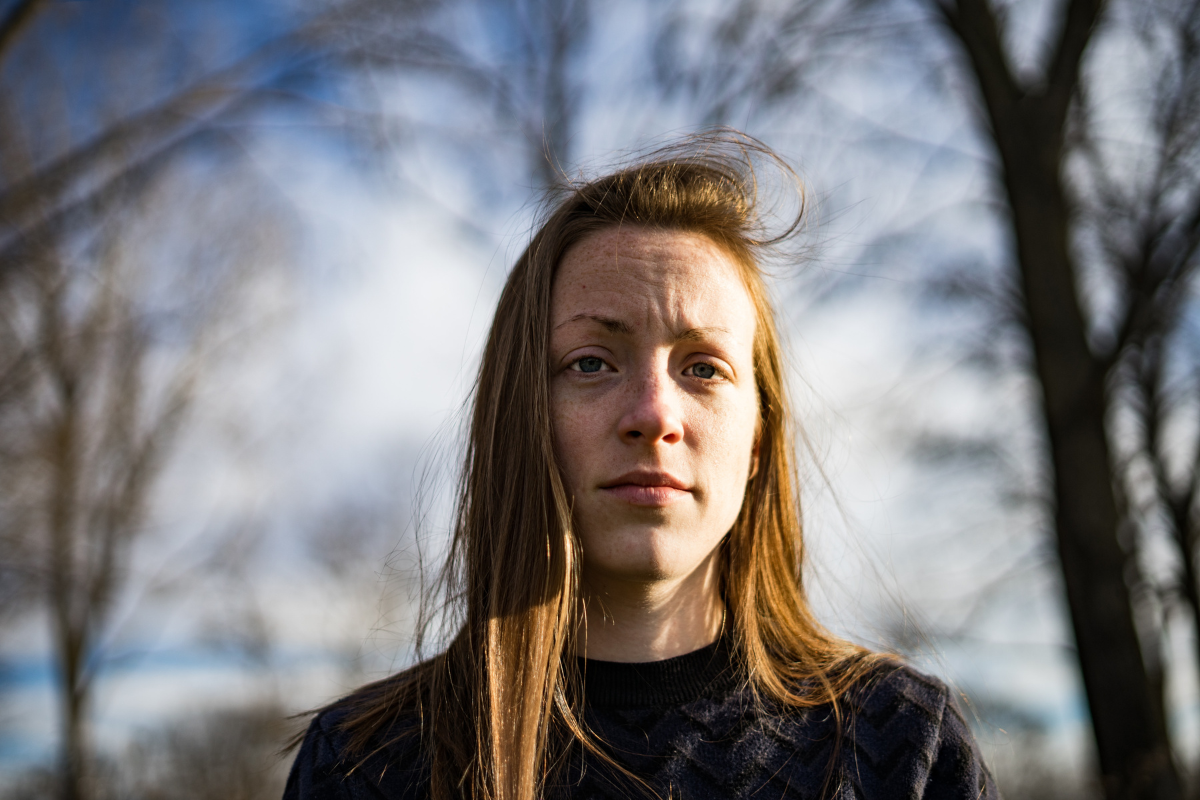
Everyone has the right to live without fear and violence. Here’s how to spot the warning signs of domestic and family violence, and how to start making plans to get help – or leave – if you’re experiencing it in your relationship.
11% of Australians have experienced domestic and family violence from a long-term partner, with almost 6% experiencing it from a boyfriend, girlfriend, or date.
Some people might not be sure that they are experiencing domestic and family violence. You may doubt what’s happening, be waiting for change, convinced it was only a ‘one-off’ occurrence, or feel scared to leave.
Although it may seem daunting, acknowledging your experiences is brave and essential. Remember, there is help available.
If you feel you’re at risk, you can contact 1800RESPECT (1800 737 732). This is a confidential, national sexual assault, domestic family violence counselling service.
What is domestic and family violence?
Domestic and family violence (DFV) is a pattern of behaviour where one person tries to dominate and control the other. DFV is a deliberate act and is rarely an isolated event. Over time, the violence tends to increase in frequency and severity.
DFV can include a range of behaviours, such as physical abuse, verbal abuse, sexual abuse, coercive control, emotional abuse, social abuse and isolation, financial abuse, spiritual abuse, and stalking.
From 1 July 2024, coercive control is a criminal offence when abusive behaviour is used against a current or former intimate partner.
Often the person using violence will unfairly blame victim survivors for their abusive behaviour, rather than take responsibility for their actions. It can be difficult for people using violence to understand and acknowledge their behaviour, and it is common for them to deny, justify or minimise their behaviour.
Warning signs of domestic and family violence
If you’re worried you may be experiencing DFV, think about your relationship, your feelings and your partner’s behaviour.
If you answer yes to some of the following questions, you may be experiencing DFV.
Keep in mind, this is not an exhaustive list. There are other types of violence people can experience.
- Do you feel that you’re often ‘walking on eggshells’?
- Is it difficult to disagree with or say ‘no’ to your partner?
- Does your partner frequently check up on what you’re doing?
- Does your partner try to stop you seeing friends and family?
- Does your partner accuse you of flirting with other people?
- Does your partner dictate how the household finances are spent, or stop you from having any money for yourself?
- Does your partner pressure you to do sexual things you don’t want to?
- Does your partner threaten you, push you, damage property, throw things or make you feel unsafe?
- Do your children hear or see things that might be damaging to them?
- Does your partner threaten to kill themselves, or take the children away from you?
- Have you been frightened for your own or your children’s safety?
What is the impact of domestic and family violence?
Living with DFV has significant impacts. It can be detrimental to your self-esteem, mental and physical health, emotional connections, employment, friendships, and parenting.
If you’re experiencing DFV, you may be isolated from your family and friends, become increasingly dependent on the person using violence, and struggle to make sense of what’s happening.
You might even start to believe the sense of reality the person using violence is creating or blame yourself for the violence. But as a victim survivor, you’re never to blame for this behaviour and you are constantly putting things in place to keep yourself and children (if present) safe, and manage the behaviour of the person using violence. Responsibility for the abusive behaviour always rests with the person using violence, not the victim survivor.
You have the right to equality in a relationship. You should feel safe, be treated with dignity, have control over your body and decisions, and be asked for consent.
What to do if you’re experiencing domestic and family violence
If you do decide to speak out, ask yourself who you can tell. Is there a friend, family member or workmate you could talk to? Another option is contacting support services who can give you vital information about your options and the support available. No matter how overwhelmed you feel, you are not alone.
You may find it helpful to look at resources such as Insight Exchange, an online space where people who’ve lived with domestic and family violence can share their expertise, stories, and safety plans, and encourage and support others in the process. The project also helps raise awareness and improve bystanders’ responses to violence.
Other useful resources include the Arc app and Ask Izzy. Reading about the experiences of others can help you feel more connected and offer some pathways to safely leaving an abusive relationship.
Getting help for domestic and family violence
If you’re at risk of DFV violence but are unsure what to do, reach out to someone who can talk you through the next steps and the safest way to leave.
When it’s safe to do so, call 1800RESPECT (1800 737 732). This is a confidential, national sexual assault, domestic and family violence counselling service for people experiencing, or at risk of, sexual or family violence. It also supports their family and friends, and frontline workers and professionals.
It can help you find specialist services (including family violence, legal, financial, accommodation and support services) and emergency accommodation. They can also give you practical advice and put you in touch with those who can help keep you safe.
You can also speak to Centrelink and The Department of Human Services Child Support about financial assistance. Women’s refuges and shelters can provide accommodation, as well as information, advocacy and referrals. You can also access legal help through Women’s Legal Service NSW and Legal Aid.






